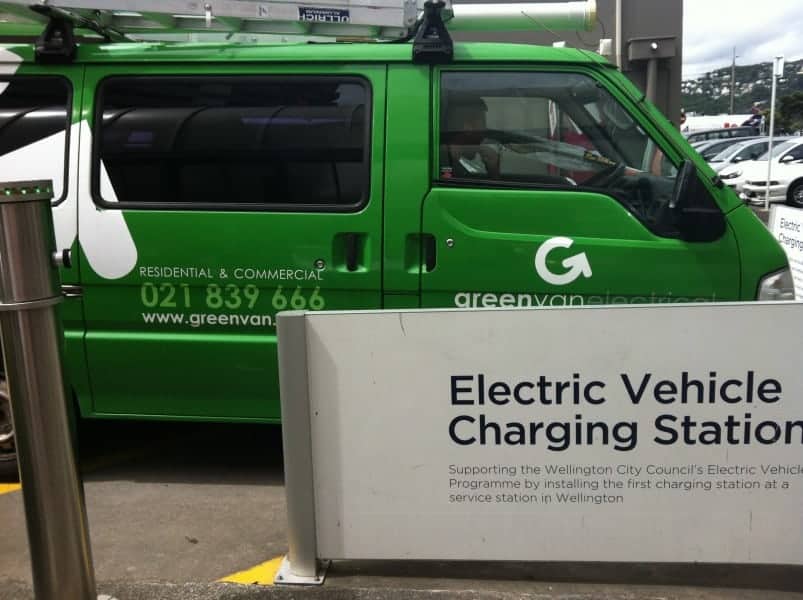Sustainable development is vital for our society. The energy sector plays an important role in the transition from the oil-based era to renewable alternatives, and for restructuring fuel patterns for power generation. This involves generating and using new energy technologies, and reforming energy supply and demand that underpins the structure and growth of the whole of the country’s economy, including changes in the patterns of energy-related decisions and consumption that affect energy demand. One of the methods that can help sustainable management of energy use in our communities is demand-side management. Demand-side management aids to reduce demand throughout the year, as well as avoiding price increases, and decreasing greenhouse emissions. However, there is a lack of information concerning factors affecting household electricity consumption because expectations, attitudes, perceptions and behaviour about energy management in the home — and therefore demand-side management of energy — are still poorly understood.
Large variations in the pattern of energy use between comparable households suggest that it is the occupants who differ in behaviour. Ultimately, the occupants author the energy use within a household: they use as much as they desire to satisfy their own demands. But we do not know what these demands are apart from at an aggregate level.
 Time-Use Diaries are one way of recording a great deal of data that can assist in understanding people’s daily lives and practices, and the different patterns that may occur with different groupings of people, place and time. In particular, this research examined the development of a new Time-Use Diary that asks house occupants specifically to record activities that involve the use or saving of energy.
Time-Use Diaries are one way of recording a great deal of data that can assist in understanding people’s daily lives and practices, and the different patterns that may occur with different groupings of people, place and time. In particular, this research examined the development of a new Time-Use Diary that asks house occupants specifically to record activities that involve the use or saving of energy.
This TUD design, data collection and data analysis, addresses uncertainties on NZ energy consumption and appliance usage; how the energy is used in a household context; how other, non-household members influence the overall household energy consumption; how people behave at home in terms of energy consumption and appliance usage over a day during active occupancy; and how willing people are to record their energy consumption activities; and lastly how technology may or may not influence this decision. If those different preferences to complete their TUD will increase response rate and data quality, and how those strategies created along the line engage the completion process.
This information will enable researchers understand household energy-consumption practices at more detail and to create demand-side management strategies to sustain resilience, security and reliability of the electricity supply and capacity of the distribution network that is clearly of enormous economic and social importance.
Let me know what you think.
Diana Giraldo Ocampo
Work stream contributing to: Green Grid, How people use energy
Email address: diana.giraldo.ocampo@otago.ac.nz





Leave A Comment